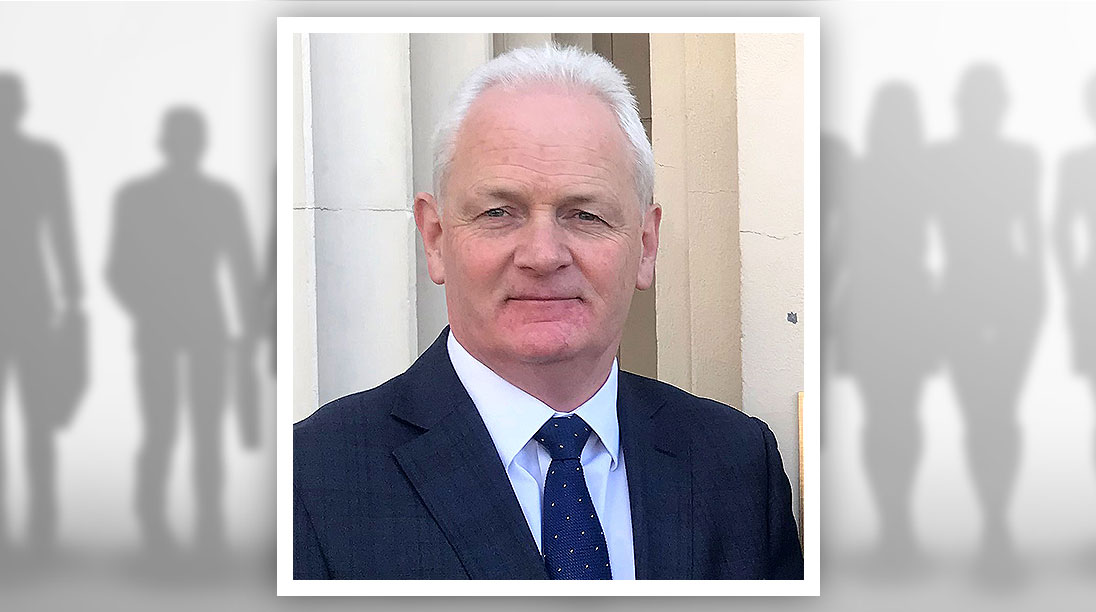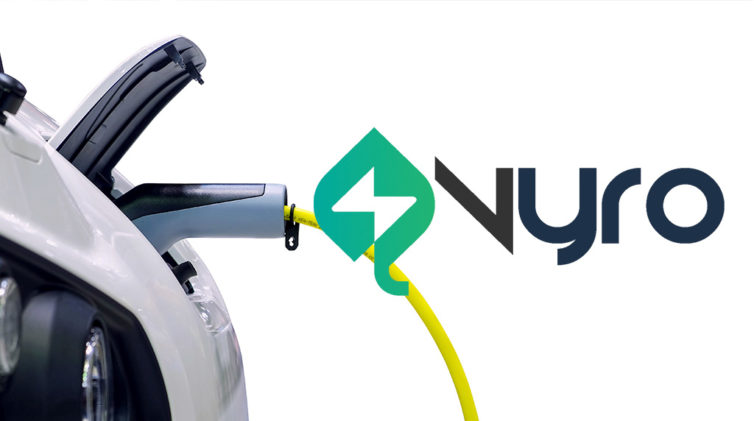The VACC submission, now being finalised after input from automotive groups and its own members, contains 14 recommendations that the chamber deems vital to maintain and grow the industry.
One key issue that the VACC wants remedied is the luxury car tax and has proposed it be removed or the threshold raised to $125,000. It is currently $66,331, about the price of an HSV Colorado SportsCat 4WD ute.
The chamber said the LCT is an anomaly and was constraining the economy while being unfairly focused on the automotive sector without including more typical luxury items such as boats and jewellery.
VACC CEO Geoff Gwilym told GoAutoNews Premium that “in an era where new motor vehicle sales have been in decline by eight per cent for the past 18 months and dealer margins have been squeezed to just 1.5 per cent, there is little justification for any luxury car tax, let alone the double luxury car tax impost served on a large section of the automotive industry”.
“The discrimination against the automotive industry is further enforced by the fact that other goods traditionally deemed as ‘luxury’ items such as motor boats, yachts and jewellery are not taxed as such,” he said.
Mr Gwilym said the additional impost of the “super-luxury car tax” – an additional stamp duty rate for vehicles above $100,000 – by Victorian and Queensland governments was further damaging the industry and also needs to be repealed.
“The government has to understand that the industry is being hammered,” he said.
“There are people making decisions based on new-car sales that are having the exact opposite effect of supporting an industry.
“We are seeing repeated months of falling car sales. These fees are a huge impost. It has really cost the industry a lot in sales, in revenue, in employment and has cost the car buyer as well.
“Margins are low in the dealerships and the government has to understand how much extra taxes and charges make to the viability of businesses and the flow-on effect to employment and the business contribution to its own revenue.”
Mr Gwilym said slowing new-car sales meant the Australian car fleet is getting older and “that means we are not keeping pace with increasing the number of cars on the road that are safer and produce less emissions”.
In support of its pre-budget submission, the VACC has cited the Deloitte 2019 Automotive Industry Overview Mid-Year Update that was presented at the Equifax Automotive Finance Forum.
It said Deloitte advised that in the first half of 2019, 32 per cent of dealerships were unprofitable (less than zero per cent return on sales).
“The top dealers were also impacted, with fewer dealers experiencing greater than 3.5 per cent return on sales,” Mr Gwilym said.
“VACC has been advised that many Victorian dealers are currently experiencing a negative one per cent to negative two per cent return on the sale of a new car.
“It is important that any requests emanating from pre-federal and state government submissions are treated seriously.”
The VACC’s 2020-2021 Federal Pre-Budget Submission includes 14 recommendations which it said aim to strengthen the federal budget position and insulate automotive retail against any challenges that may lie ahead.
“The VACC recommendations are designed to increase the long-term productive capacity of the economy and ensure that automotive retail can improve its competitiveness and achieve sustainable growth over the longer term,” Mr Gwilym said.
The recommendations are:
- Recommendation 1: That the government allocates seed funding of $250,000 in the 2020-21 federal budget for the establishment of an industry body to administer the mandatory information sharing scheme for motor vehicle service and repair information.
- Recommendation 2: That funding is allocated within the 2020-21 federal budget towards the development of a national program aimed at the proper disposal of end-of-life vehicles.
- Recommendation 3: That current models of industry engagement in VET as determined by Australian Industry Skills Committee (AISC) and Industry Reference Committees (IRCs) be re-evaluated with a view to strengthening the level of industry engagement towards the design and skills content of VET qualifications.
- Recommendation 4: A strengthening of industry governance and strategic leadership arrangements within the VET sector, including a review of the role of the AISC within this process
- Recommendation 5: That funding be allocated within the 2020-21 federal budget for the continuation of the Industry Specialist Mentoring for Australian Apprentices (ISMAA) program for a further two years.
- Recommendation 6: That funding is allocated within the next federal budget for Registered Training Providers to purchase up-to-date vehicles and componentry for automotive apprentice training.
- Recommendation 7: That the vocational student hourly rate for automotive training be increased by 35 per cent or $3 per hour.
- Recommendation 8: That an increase in funding of 35 per cent be made available to Group Training Organisations that demonstrate meeting high standards for apprentice industry placement and retention.
- Recommendation 9: That financial allocations are made in the 2020-21 federal budget for the training of heavy vehicle roadside inspectors to a minimum Certificate II level in Automotive Servicing Technology qualification or equivalent.
- Recommendation 10: That the Skilling Australians Fund levy be reduced by at least half for temporary and permanent employer nominated visas.
- Recommendation 11: That a refund of the Skilled Australians Fund Levy is provided to employers in all cases where their application has not been successful.
- Recommendation 12: The federal government remove the luxury car tax, or at a minimum increase the LCT threshold to $125,000.
- Recommendation 13: That retail motor industry participants are exempted from Hayne recommendation 1.7 and be able to trade under the current point-of-sale exemption.
- Recommendation 14: That the federal government provides additional funding to AFSA for further development of the Personal Property Security Register (PPSR) for the purposes of increasing vehicle recall information on a PPSR Search Certificate.
By Neil Dowling













 Read More: Related articles
Read More: Related articles

